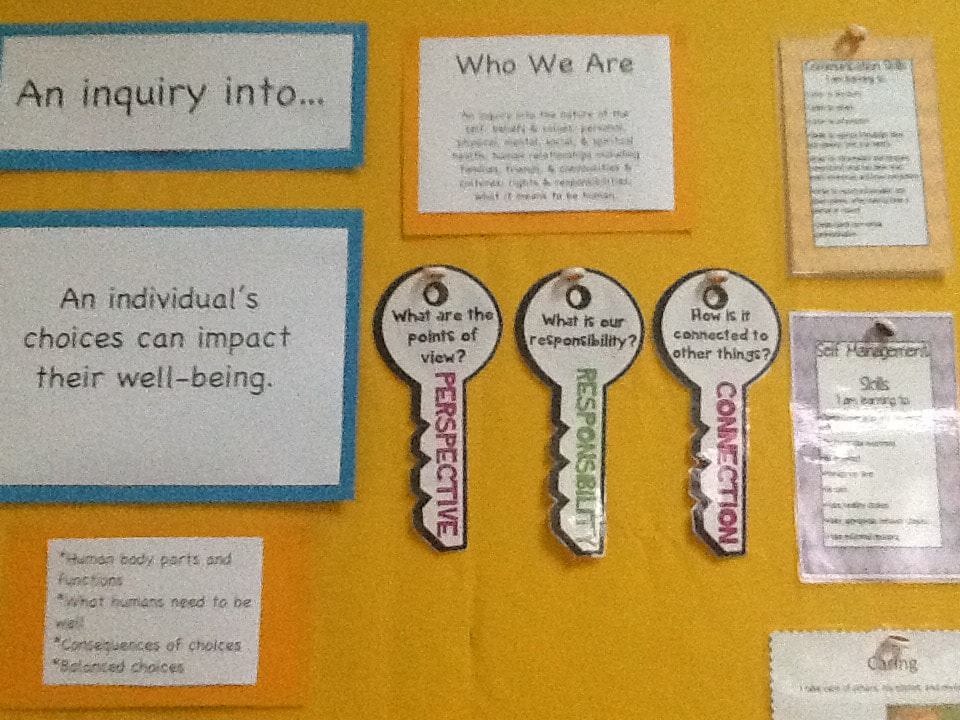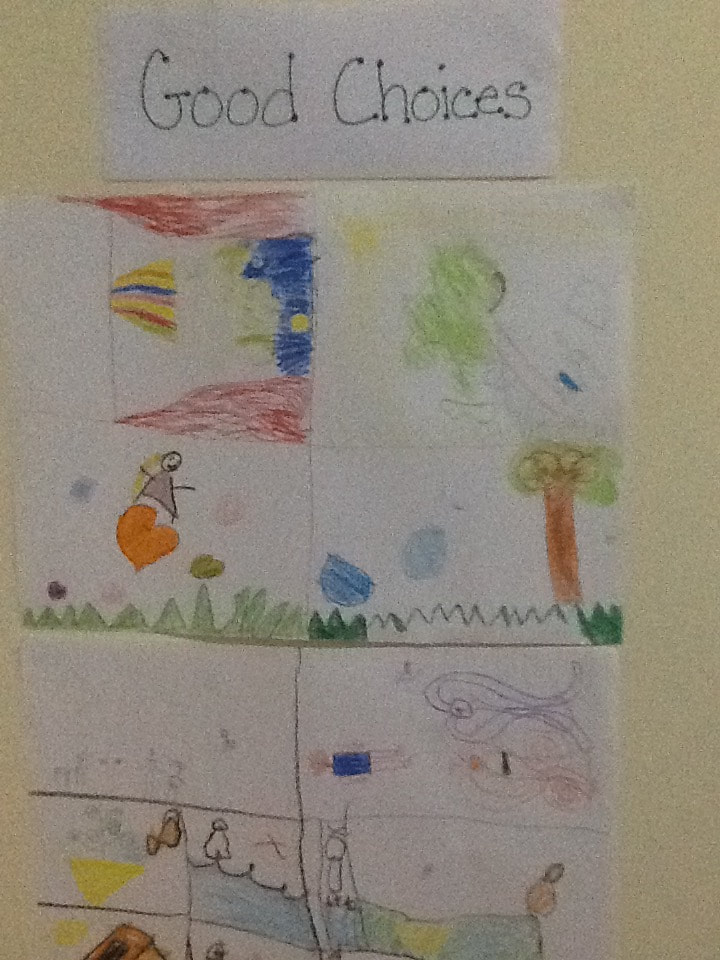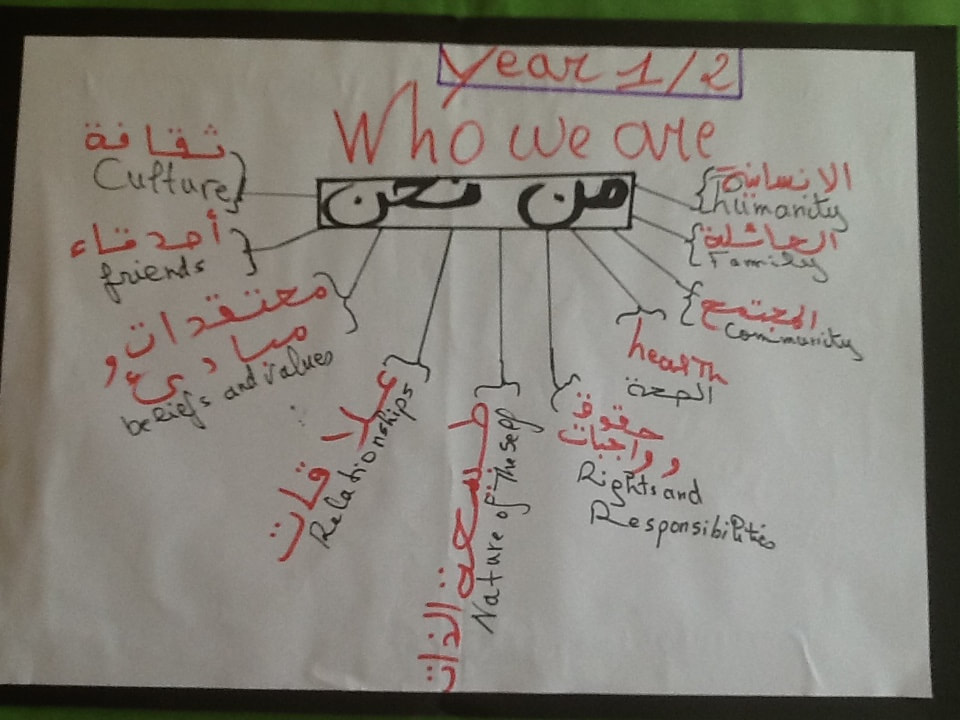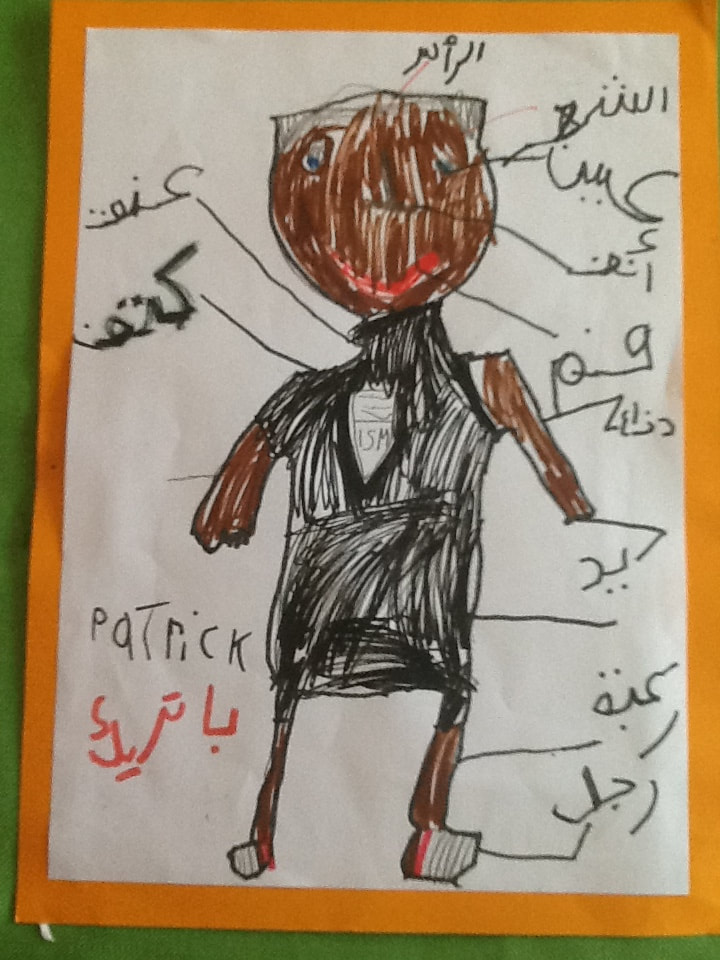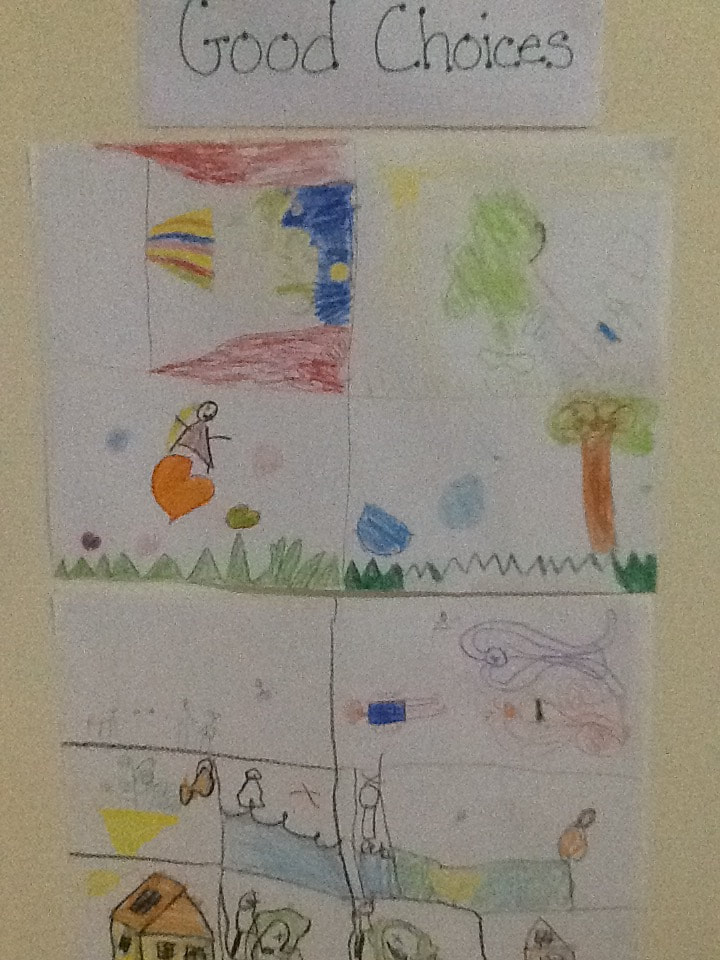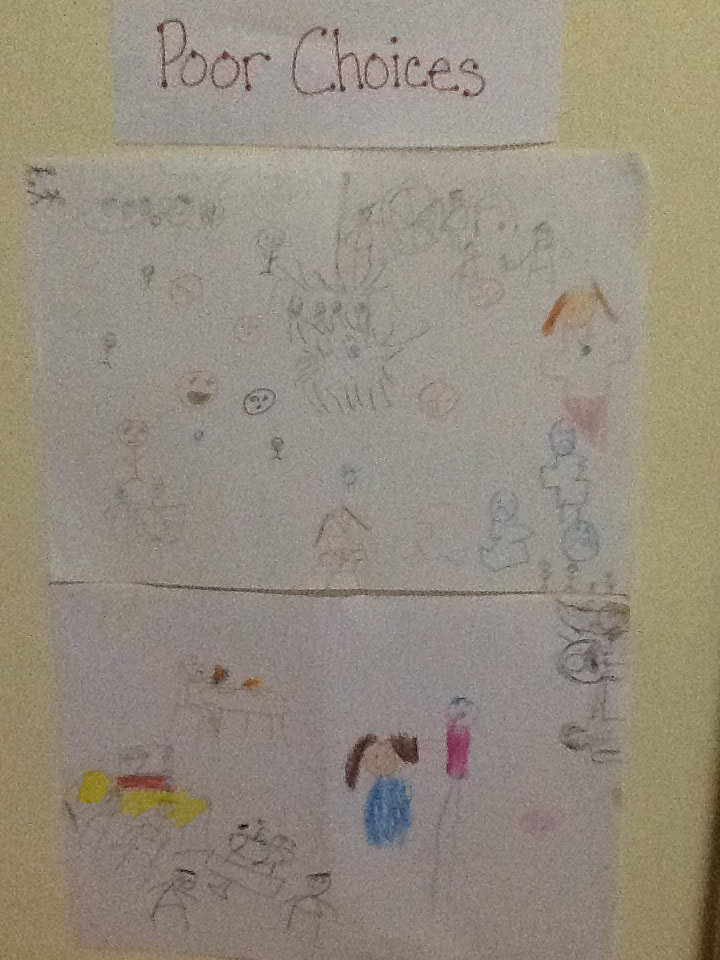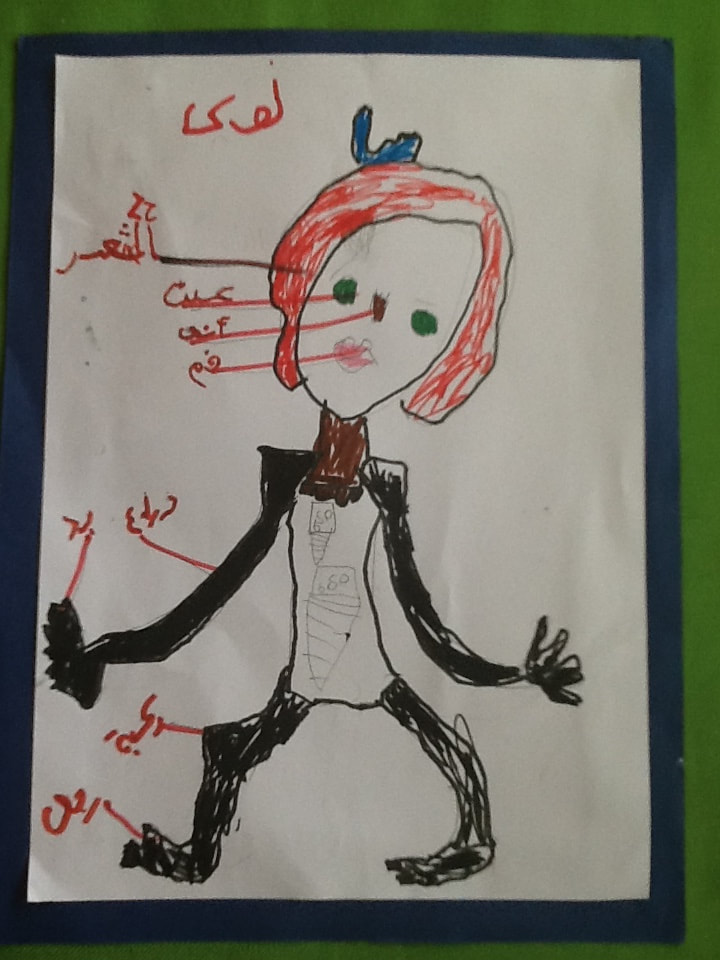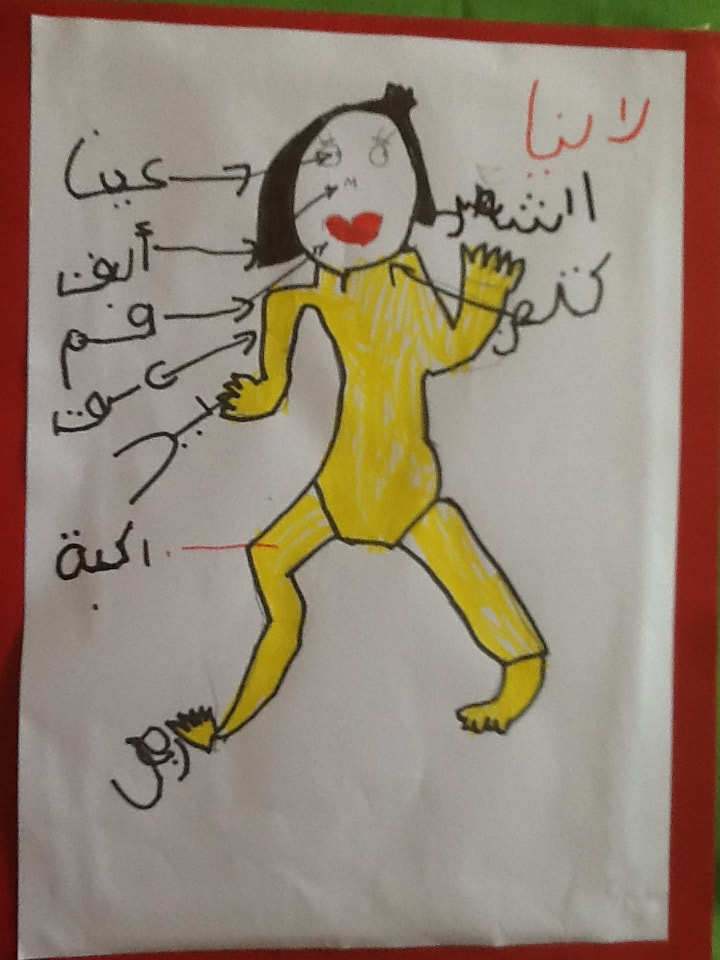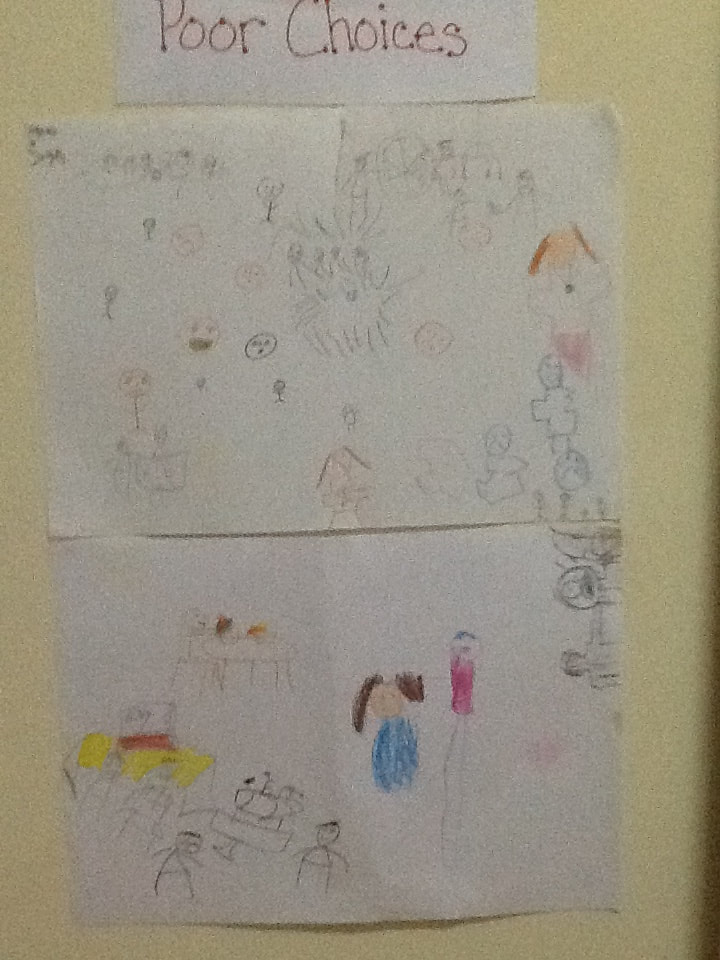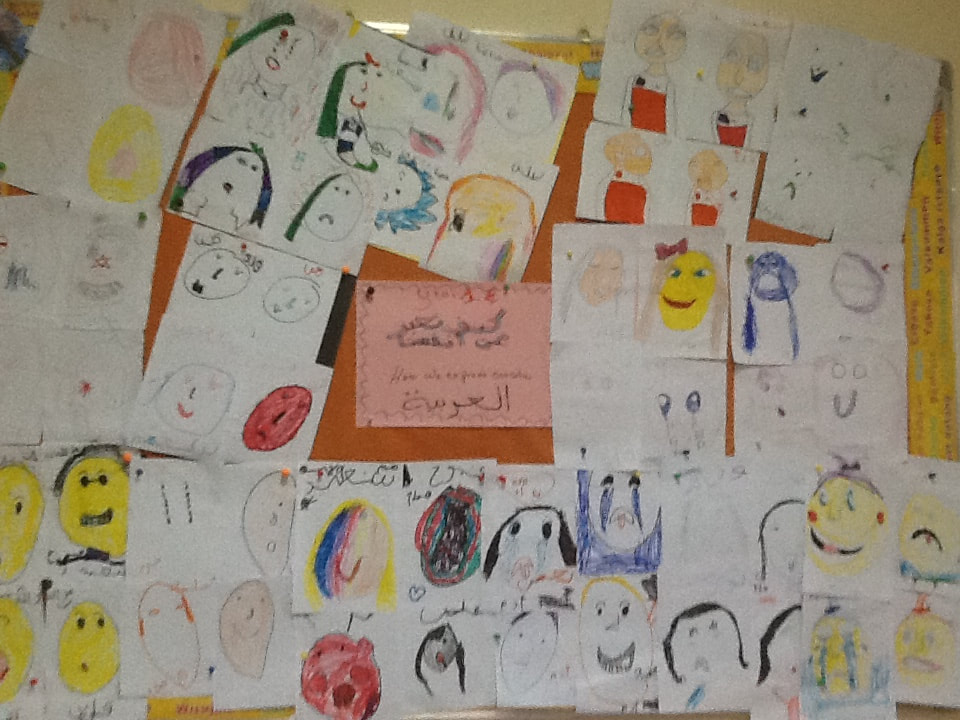|
Who We Are
An inquiry into the nature of the self; beliefs & values; personal, physical, mental, social, & spiritual health; human relationships including families, friends, & communities & cultures; rights & responsibilities; what it means to be humans. **Central idea** An individual’s choice can impact their well-being. |
Key concepts
perspective, responsibility, connection Lines of inquiry *Human body parts and functions What humans need to be well Consequences of choices Balanced choices Learner profile caring, balanced Skills self-management, communication Attitudes integrity, respect |


